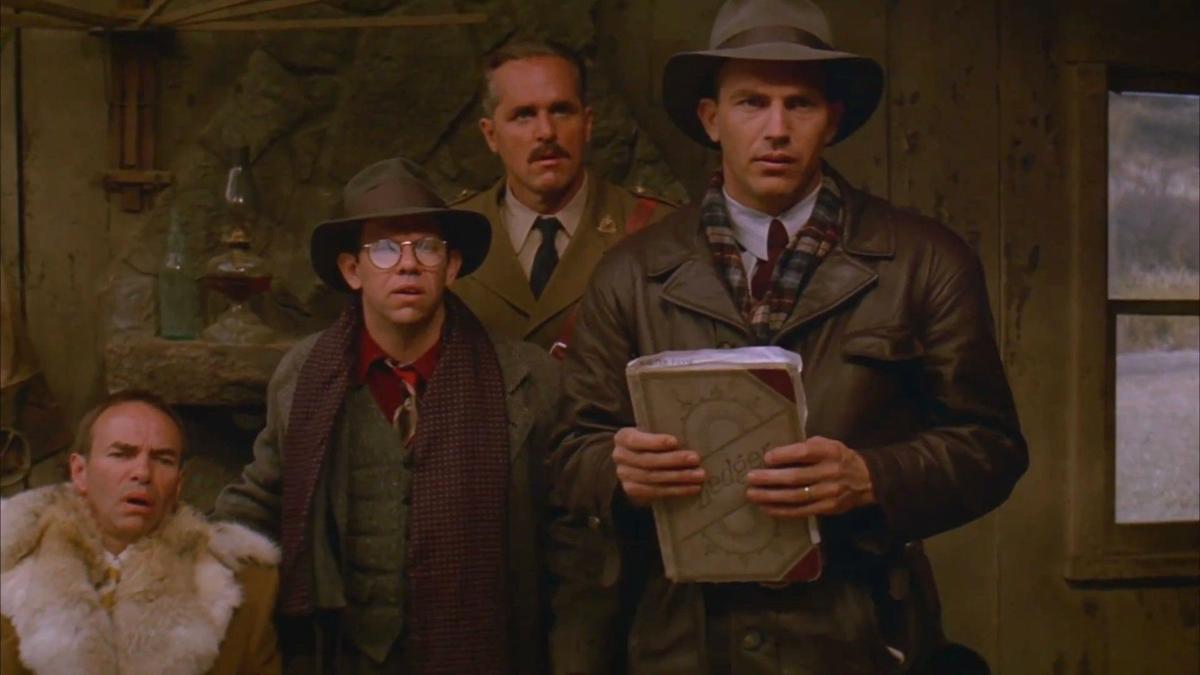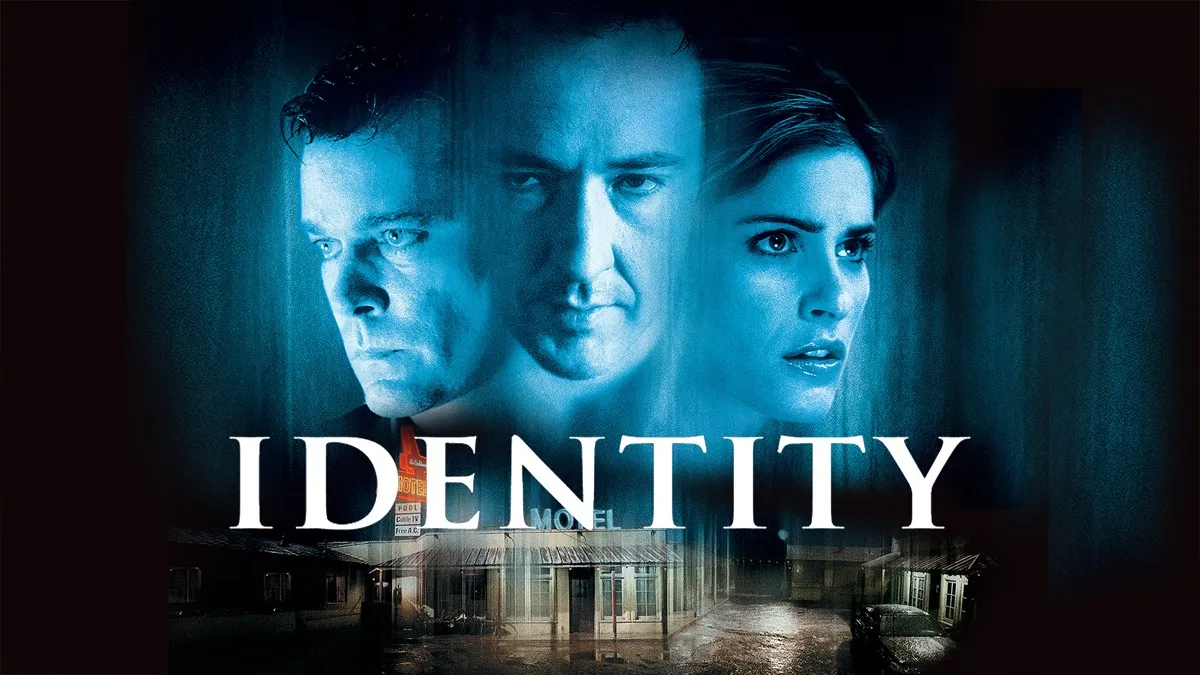Directed by Brian De Palma and written by David Mamet, The Untouchables (1987) is a stylized, larger-than-life retelling of the battle between lawman Eliot Ness and infamous mob boss Al Capone in Prohibition-era Chicago. With a stellar cast including Kevin Costner, Sean Connery, Robert De Niro, and Andy Garcia, the film is part gangster epic, part western morality tale — and 100% cinematic spectacle.
With Ennio Morricone’s unforgettable score and De Palma’s operatic direction, The Untouchables turns a true-crime tale into a mythic showdown between good and evil, law and chaos, and honor and corruption.
Set in 1930, the film begins as Al Capone (Robert De Niro) runs Chicago with blood-stained authority, controlling bootlegging, politics, and the police. Enter Eliot Ness (Kevin Costner), a young, idealistic Treasury agent tasked with enforcing Prohibition.
Ness’s early attempts to take down Capone fail due to widespread corruption within the Chicago Police Department. Realizing he can’t rely on the system, Ness forms a small, incorruptible task force — “the untouchables.” His team includes:
-
Jim Malone (Sean Connery) – a tough, street-smart Irish beat cop with decades of experience and a strict moral code.
-
George Stone (Andy Garcia) – a sharp-shooting rookie from the police academy.
-
Oscar Wallace (Charles Martin Smith) – a nerdy but brave accountant who finds Capone’s weak spot: tax evasion.

Together, this ragtag group declares war on Capone, using raids, violence, and old-school determination to crack his empire. But every action has consequences, and as the stakes rise, the cost of justice becomes personal.
-
Kevin Costner’s Ness is a perfect straight arrow — noble, reserved, and increasingly hardened by the violence around him. While his performance is understated, it works to anchor the film’s mythic tone.
-
Sean Connery steals every scene as Malone. Gruff, funny, and wise, Connery’s performance won him a well-deserved Academy Award for Best Supporting Actor. He gives the film its heart and gravitas, especially in a devastating, pivotal scene that changes Ness forever.
-
Robert De Niro, though used sparingly, is electric as Capone. He plays the mob boss like a modern Caesar — charming in public, monstrous in private. His infamous baseball bat speech is terrifying, iconic, and pure De Palma.
-
Andy Garcia as Stone brings youthful intensity and precision to the group, adding both emotional depth and action credibility.
The Untouchables isn’t a documentary — it’s a moral fable wrapped in a gangster film. The central theme is clear: Can good men take down evil without becoming corrupt themselves?
Eliot Ness is tested again and again, forced to navigate a world where rules don’t work, where law is a luxury, and where violence is sometimes the only language power understands. His transformation from naïve idealist to hardened lawman mirrors America’s own loss of innocence.
Malone, the old cop who understands the streets, becomes the film’s philosophical core. His famous line — “What are you prepared to do?” — challenges Ness to face the uncomfortable truth that justice may require breaking the very laws he’s sworn to uphold.
Brian De Palma brings a flair for visual drama to The Untouchables. Every shot feels deliberate, stylized, and emotionally charged. From blood-splattered hotel staircases to smoky speakeasies, the film evokes a heightened version of reality that feels both classic and dreamlike.
One standout sequence — a shootout on a train station staircase, clearly inspired by Eisenstein’s Battleship Potemkin — is a masterclass in tension, editing, and cinematic homage. Time slows, bullets fly, and the baby carriage becomes a symbol of innocence under fire.
The legendary Ennio Morricone composed the film’s score, and it’s one of his most dynamic. From the haunting, harmonica-laced main theme to the sweeping orchestral pieces underscoring emotional moments, the music elevates every scene. It gives the film its pulse — mournful, heroic, tragic.
While The Untouchables is based on real events, it takes major creative liberties. The real Eliot Ness did go after Capone, but not with the shootouts, rooftop battles, and dramatic speeches seen here. Capone was indeed brought down on tax charges, but the rest? Pure movie magic.
Still, the film isn’t trying to be historically accurate — it’s crafting a legend. And in doing so, it embraces its mythic roots and gives audiences a story with clear stakes, clear villains, and moral triumph — a rarity in modern crime cinema.
The Untouchables (1987) remains one of the most entertaining, rewatchable, and emotionally satisfying gangster films ever made. With its combination of style, substance, and unforgettable performances, it takes the grit of prohibition-era Chicago and elevates it into epic storytelling.
:max_bytes(150000):strip_icc()/the-untouchables2-2000-beb2eba4afe247b085ad4873dc3acac1.jpg)





